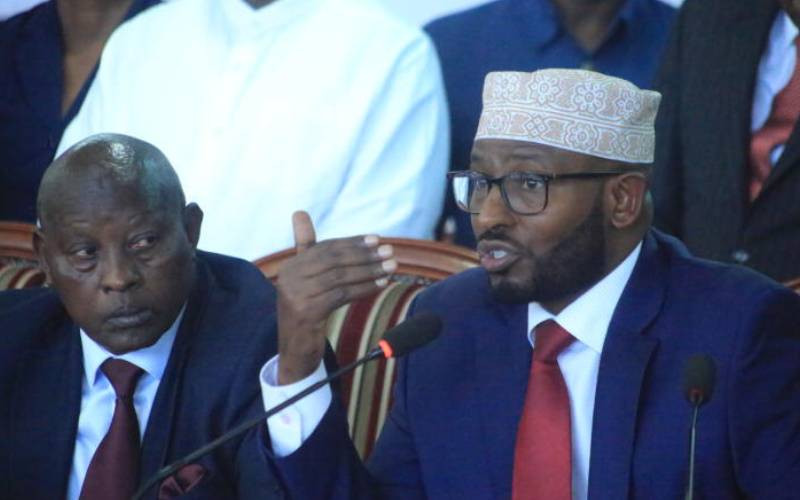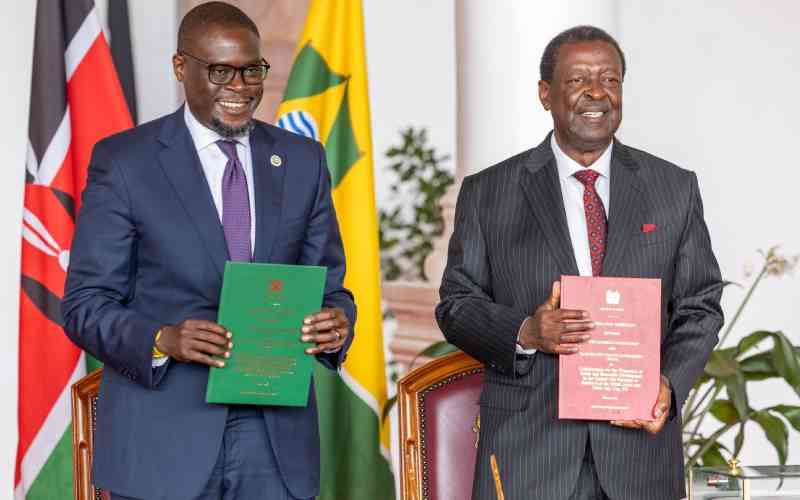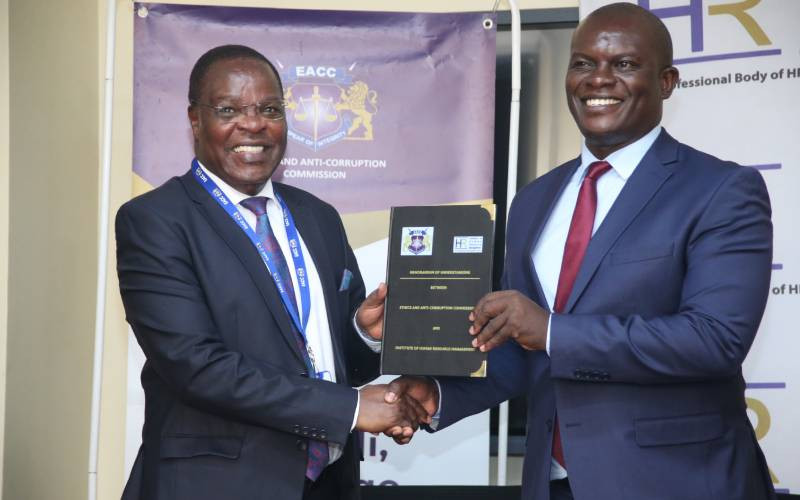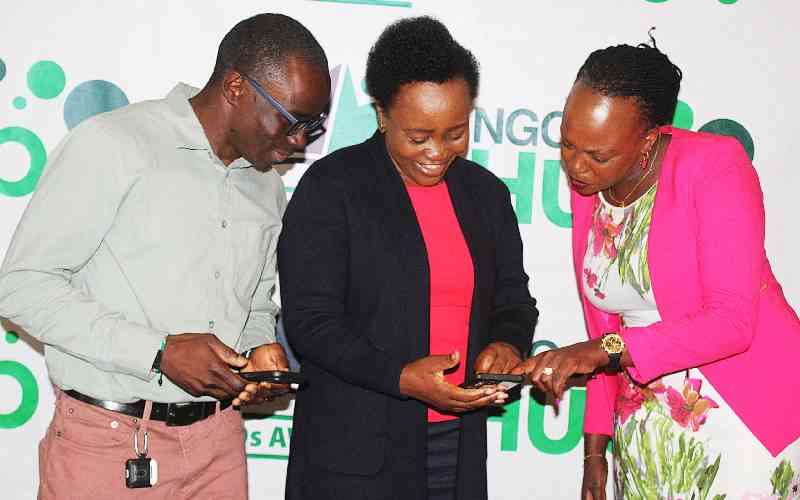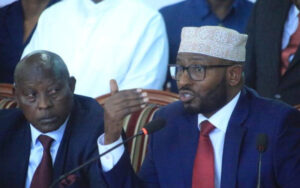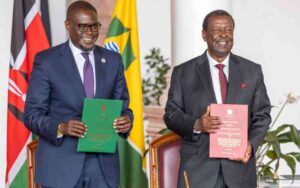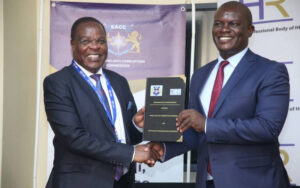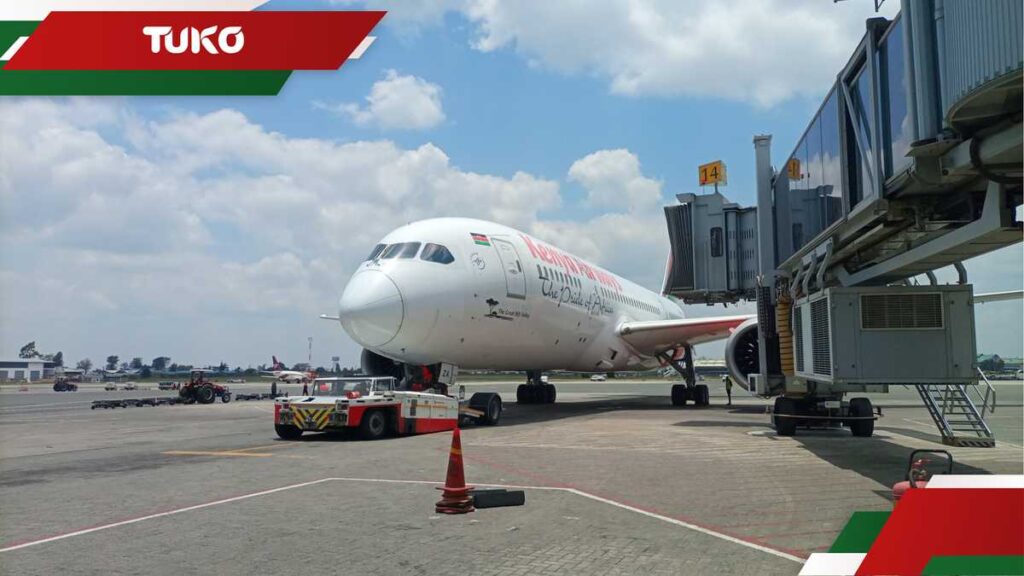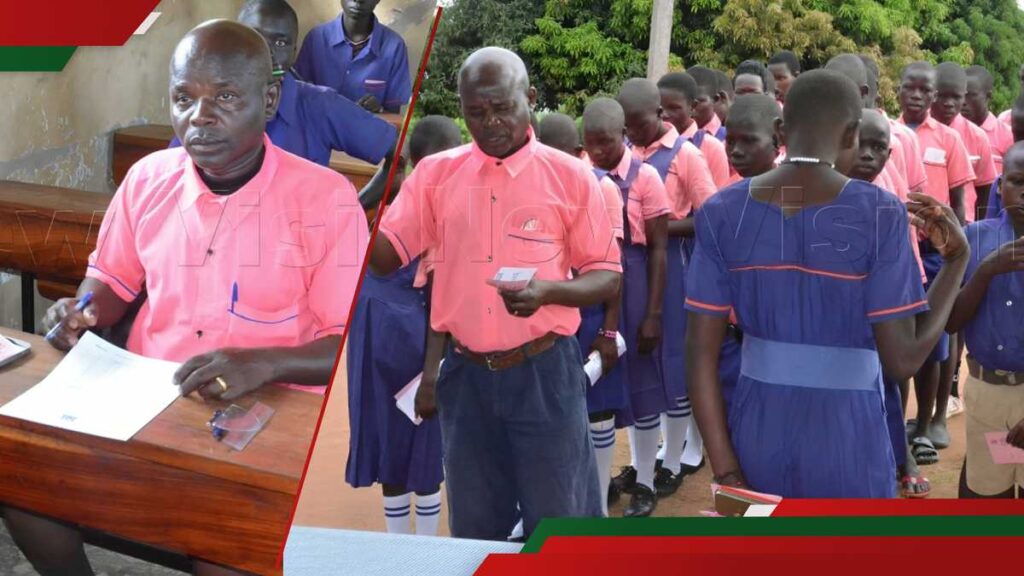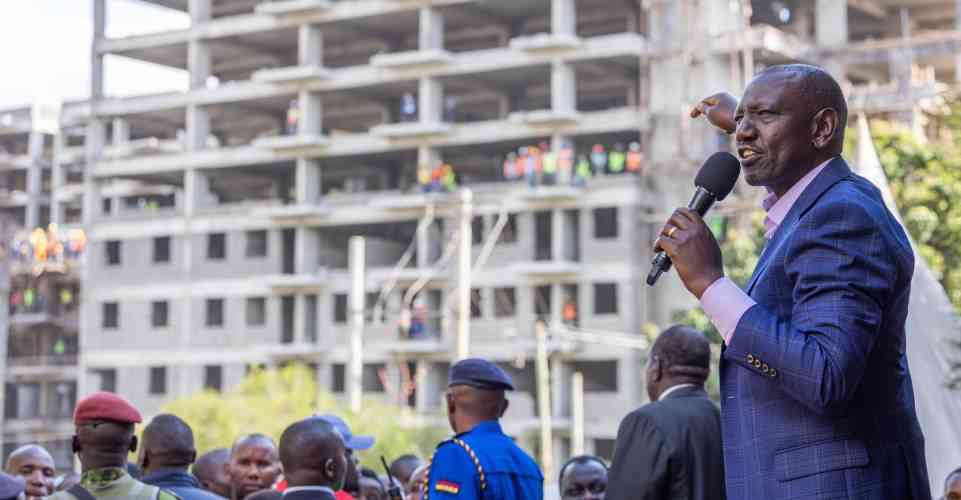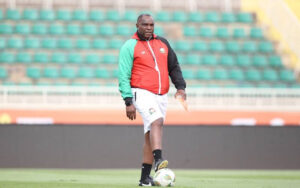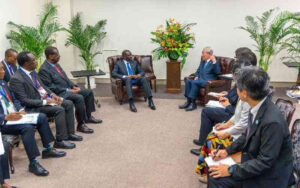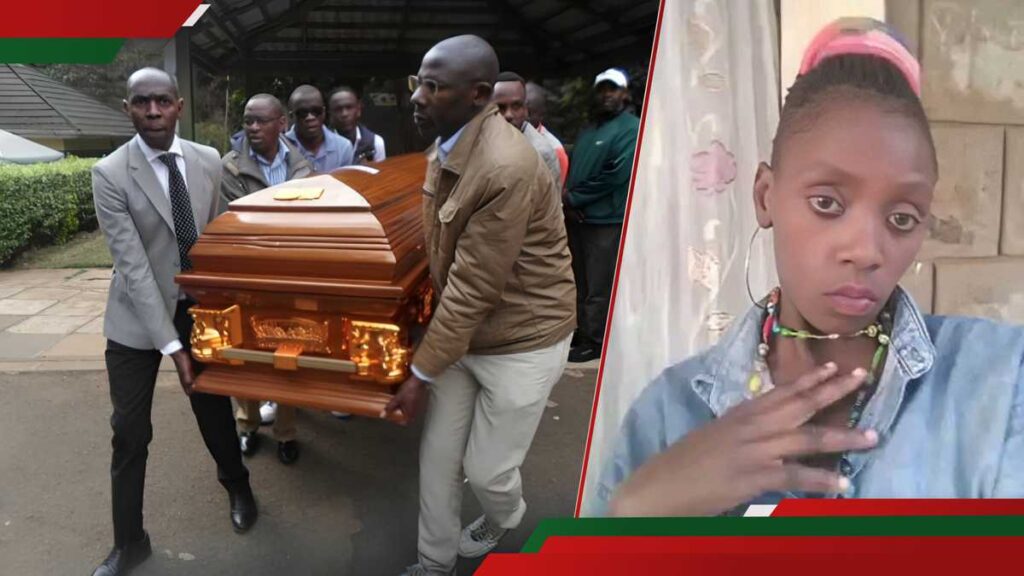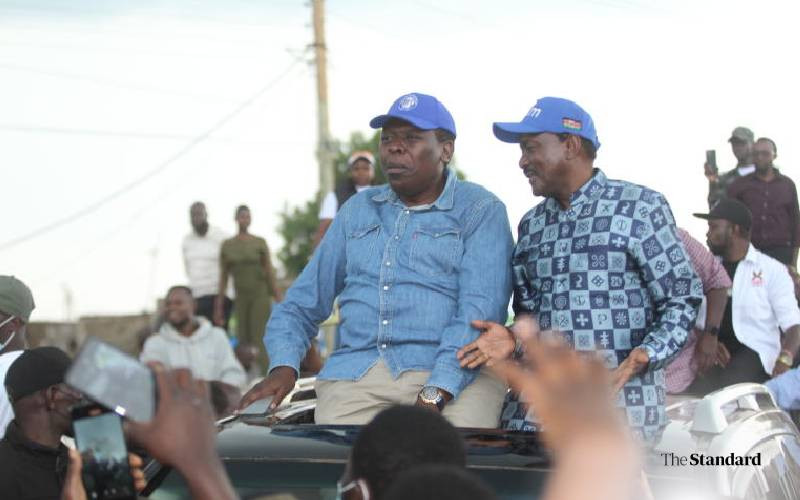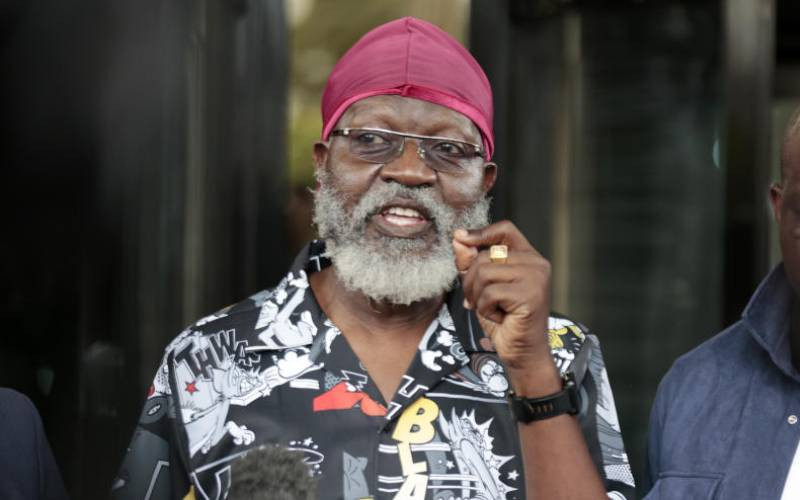The launch of the NGO Awards 2025 was marked with a call for innovative approaches to fundraising.
The awards, which celebrate the impact and excellence in the non-profit sector, are an indication of the vital role the sector plays in communities.
“The goal of the awards is to recognize excellence, reward outstanding leadership and showcase best practices in the sector,” said Leonard Ndung’u, Director for NGOs Hub.
According to the latest NGO Sector Report, NGOs received Sh196 billion from donors, an indication of the significant impact and trust placed in their work.
The awards inaugurated last year, featured 17 categories. This year, they’re expanding to 22 categories, which include CEO of the Year, NGO of the Year, Best in Healthcare, Best in Education and Best in Girl-Child Empowerment.
Dr Emily Koech, chief executive of Center for International Health, Education and Biosecurity-Kenya (CIHEB- Kenya), revealed how the country’s second population-based HIV surveillance survey was put off abruptly after the US government stopped funding.
The survey, previously conducted in 2018 by the Ministry of Health, aimed to map the distribution of HIV across Kenya and inform the national response strategy.
“We had made significant progress in preparation, and we were just about to go to the field to collect the data when the programme was terminated. It is unfortunate the surveillance won’t proceed as planned. However, the ministry remains committed to the initiative and is exploring alternative sources of funding,” said Dr Koech.
Dr Koech noted her organization, despite supporting crucial broad range of health interventions, including HIV, TB, immunization and maternal and child health, has experienced a 25 per cent drop in funding over the past five years, particularly from traditional donors.
Sector leaders shared that the reduction in donor funding have led to project downsizing, staff layoffs, delayed programme implementation and in some cases, complete closure of operations.
They stressed the need to rethink how NGOs operate and mobilize resources, emphasizing that partnerships with governments and the private sector are more critical than ever.
Susan Otieno, CEO of the Aga Khan Foundation, Kenya, echoed the call for innovation, particularly in a shifting funding landscape. “Donor cuts are a challenge but have also pushed us to be more strategic and innovative,” she says.
Otieno challenged NGOs to build trust with donors, emphasizing that trust is earned by consistently delivering on commitments.
Stay informed. Subscribe to our newsletter
“Donors give to organizations they believe will deliver on their promises. Success stories, told by communities, not just organizations, help build this trust. Results must be visible and attributable,” she says.
Duncan Okaka, CEO for Saidika said they have experienced severe cuts in key programmes, especially in the health and education sectors. He said they are now exploring innovative and sustainable fundraising methods to raise funds.


